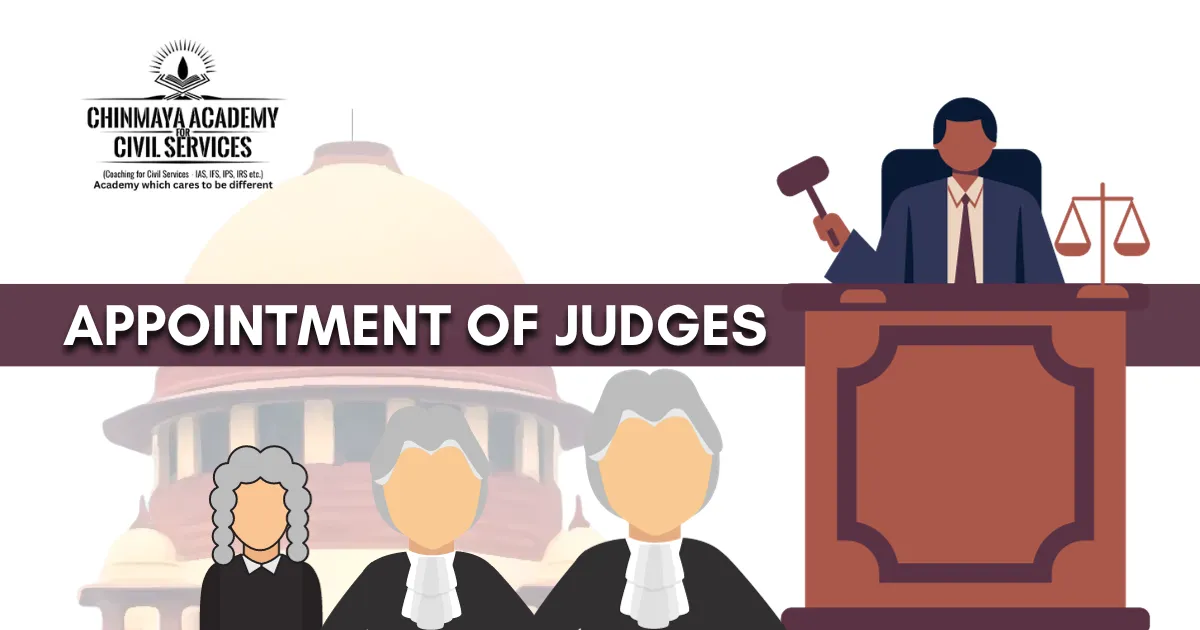Let’s dive into the heart of the matter. The Abia State judges appointment injunction has been making waves in legal circles, and for good reason. This isn’t just another court ruling; it’s a significant development that affects the judiciary system in Nigeria. Imagine this: a state government appoints new judges, but then BAM—an injunction freezes the process. What does this mean? Who’s pulling the strings? And most importantly, why should you care? These are the questions we’re about to unravel, so buckle up.
Now, let’s get one thing straight. Legal stuff can sometimes feel like navigating a maze, but we’re here to break it down for you. The Abia State judges appointment injunction isn’t just a headline; it’s a reflection of the broader challenges within the Nigerian judicial system. From power dynamics to procedural fairness, there’s a lot at play here. So whether you’re a law enthusiast or just someone curious about how the wheels of justice turn, this story has something for everyone.
And before you think this is all doom and gloom, let me tell you—there’s a silver lining. Understanding these legal intricacies empowers you. It gives you the tools to make informed opinions and hold those in power accountable. So, let’s jump into the nitty-gritty of the Abia State judges appointment injunction, and by the end of this, you’ll be the go-to expert in your circle.
Read also:Unveiling Carrie Fishers Net Worth The Star Wars Legends Financial Legacy
Here’s a quick roadmap to what we’re covering:
- Biography: Who’s Who in the Abia Judiciary
- Judicial Appointment Process: The Basics
- Injunction Background: What Happened?
- Legal Implications: Breaking Down the Case
- Power Dynamics: Who’s Calling the Shots?
- Public Opinion: What Do the People Say?
Biography: Who’s Who in the Abia Judiciary
Before we dive into the juicy details, let’s take a moment to get to know the key players. Here’s a quick snapshot of the individuals involved in the Abia State judges appointment injunction saga:
| Name | Position | Key Role |
|---|---|---|
| Justice A | Chief Judge of Abia State | Oversees judicial appointments |
| Governor B | Executive Governor of Abia State | Initiated the appointment process |
| Lawyer C | Applicant for the Injunction | Challenged the legality of the appointments |
| Judicial Commission | Abia State Judicial Commission | Responsible for vetting candidates |
These folks are the movers and shakers in this drama, and understanding their roles is key to grasping the bigger picture.
Judicial Appointment Process: The Basics
Let’s rewind for a sec. How exactly does the judicial appointment process work in Abia State? It’s not as straightforward as you might think. First, the governor submits names to the state judicial commission. Then, the commission vets the candidates, and if they pass muster, the appointments are finalized. Sounds simple, right? Well, not so fast.
Steps in the Process
Here’s a quick rundown:
- Governor submits names
- Judicial commission reviews qualifications
- Candidates undergo interviews and assessments
- Final approval by the governor
But what happens when someone cries foul? Enter the injunction. This is where things get interesting.
Read also:Simon Helberg Height The Inside Scoop Youve Been Waiting For
Injunction Background: What Happened?
So, here’s the scoop. The governor of Abia State went ahead and announced new judicial appointments, but before the ink was even dry, an injunction was slapped on the process. Why? According to the applicant, the appointments violated procedural rules and lacked transparency. This raised eyebrows and sparked a heated legal debate.
Now, an injunction is essentially a court order that stops something from happening. In this case, it froze the judicial appointments until the court could properly review the matter. But what does this mean for the judiciary and the rule of law? Let’s find out.
Legal Implications: Breaking Down the Case
Legal experts are weighing in on the Abia State judges appointment injunction, and opinions are divided. Some argue that the governor overstepped his bounds, while others believe the injunction is an overreach. So, what’s the verdict?
Key Legal Points
Here’s what you need to know:
- The constitution outlines the process for judicial appointments
- Injunctions are meant to preserve the status quo during legal disputes
- Transparency and fairness are crucial in maintaining public trust
These points are central to understanding the legal implications of the injunction. But there’s more to the story than just the law.
Power Dynamics: Who’s Calling the Shots?
Let’s talk power. In any legal battle, there’s always a struggle for control. In the case of the Abia State judges appointment injunction, it’s no different. The governor, the judiciary, and the legal community are all vying for influence. But who’s really in charge?
Power dynamics in the judiciary are complex. While the governor has executive authority, the judiciary is meant to act as a check and balance. However, when these two branches of government clash, it can lead to chaos. The injunction is a prime example of this tension.
Public Opinion: What Do the People Say?
And then there’s the public. How do everyday Nigerians feel about the Abia State judges appointment injunction? Social media is ablaze with opinions, ranging from support for the injunction to criticism of the governor’s actions. Some see it as a win for transparency, while others view it as a setback for judicial independence.
Public opinion matters because it shapes the narrative. If the people believe the judiciary is acting in their best interest, they’re more likely to trust the system. But if they see the judiciary as a tool of political manipulation, trust erodes.
Judicial Reform: A Call for Change
The Abia State judges appointment injunction highlights the need for judicial reform. Whether it’s improving the appointment process or increasing transparency, there’s work to be done. Legal experts are calling for a more robust framework to prevent similar disputes in the future.
Reform efforts could include:
- Standardizing the appointment process
- Increasing public participation in judicial decisions
- Implementing stricter checks and balances
These changes won’t happen overnight, but they’re essential for building a fair and transparent judiciary.
International Perspective: Lessons from Abroad
Looking beyond Nigeria, other countries have faced similar challenges with judicial appointments. The United States, for example, has its own system of checks and balances, with the Senate playing a key role in confirming judicial nominees. While the systems differ, the principles of fairness and transparency remain universal.
By studying international best practices, Nigeria can learn valuable lessons to improve its own judiciary. It’s all about finding the right balance between executive authority and judicial independence.
Future Outlook: What’s Next for Abia State?
So, where does this leave Abia State? The judges appointment injunction is just the beginning of a larger conversation about the judiciary’s role in governance. As the legal battle unfolds, one thing is certain: the eyes of the nation are watching.
For now, the focus is on resolving the current dispute. But in the long term, the goal should be to strengthen the judiciary and ensure it serves the people. It’s a tall order, but with the right steps, it’s achievable.
Conclusion: Take Action
Let’s recap. The Abia State judges appointment injunction is a complex issue with far-reaching implications. From power dynamics to public opinion, there’s a lot to unpack. But the most important takeaway is this: informed citizens are the backbone of a functioning democracy.
So, what can you do? Start by staying informed. Follow the case closely and engage in conversations about the judiciary. Share this article with your friends and family to spread awareness. And most importantly, hold your leaders accountable. Together, we can build a judiciary that works for everyone.
Now, it’s your turn. Leave a comment below and let us know your thoughts on the Abia State judges appointment injunction. What do you think should happen next? And don’t forget to check out our other articles for more insights on the legal world.



